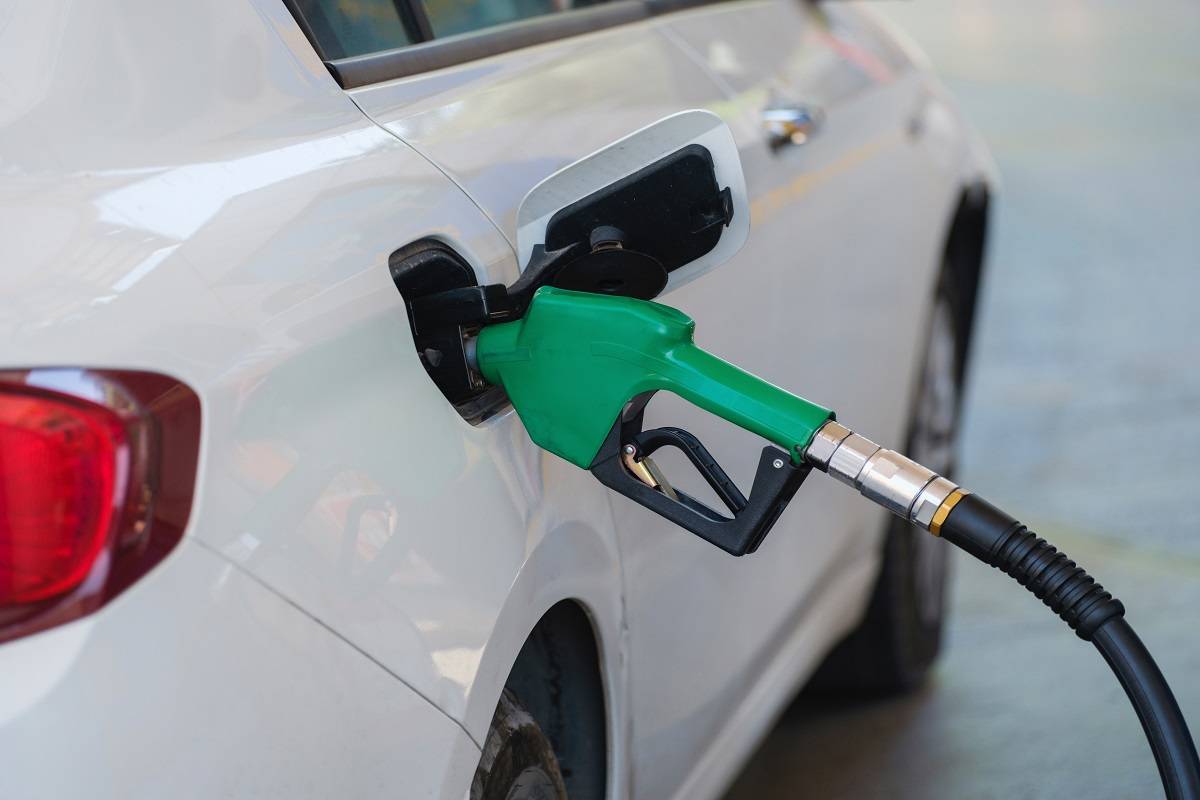
The Energy Transition Advisory Committee (ETAC), which was charged by the Centre with developing a clean energy transition roadmap, has proposed a ban on diesel-powered four-wheelers in cities with populations of one million or more by 2027.
The team, chaired by former Oil Secretary and Prime Minister's Advisor Tarun Kapoor, also recommended against installing any additional diesel-powered city buses in metropolitan areas in order to transition to clean fuel in urban public transportation in around ten years. The recommendation is significant because the Automotive Research Association of India (ARAI) stated in a September 2022 research that the transportation sector produces up to 20% of PM 2.5 emissions, a major air pollutant.
Replacing diesel-powered vehicles in intra-city transportation with electric vehicles (EVs) will also lessen reliance on expensive imported fossil fuels. Cities with a million or more people include Lucknow, Kanpur, Bareilly, Nasik, Thane, Nagpur, Gwalior, Chennai, Madurai, and Coimbatore. The most polluted is the Delhi and the NCR region, Mumbai, Kolkata, Patna, Kanpur, and Hyderabad.
The government has prioritized the transition of public transportation to e-mobility, as evidenced by the fact that approximately 35% of the total $1.3 billion corpus under the Faster Adoption and Manufacturing of Electric Vehicles (FAME)-II scheme is for e-buses and 25% for electric 3-wheelers in public transportation.
A Parliamentary subcommittee on EVs recommended the government in March to develop a comprehensive national strategy on electric vehicles that incorporates state-level and worldwide best practices.
According to the ETAC, city buses will most likely be electric, and city transportation will have to be a mix of electric buses and Metro by the end of the present decade. "By 2030, no non-electric city buses should be added. CNG may be used until 2035, while diesel buses for city transportation should not be introduced until 2024. Long-distance buses would need to be a hybrid of electric with battery switching and CNG/ LNG,” according to the report.
Recommendations
"Long-term focus on transitioning to EVs with CNG as transition fuel (up to 10-15 years). In the near and medium term, vehicles with flex-fuel capabilities and hybrids may be promoted. This can be accomplished through the use of financial mechanisms such as taxation," the panel stated. It went on to say.
"No new diesel city buses will be permitted in urban areas, paving the way for a 10-year transition to clean fuel urban public transportation." The panel emphasized the importance of prolonging the FAME-II scheme beyond March 2024.
Given the limitations of limited charging infrastructure and upfront finance for public transportation provided by State Transport Undertakings (STUs), the system may include appropriate and graded provisioning for developing charging infrastructure for city buses.
"Increase the quantum of FAME subsidy per EV, rather than targeting more EVs with lower subsidies, with a focus on most sustainable vehicle segments, to offer gap viability and cost parity with ICE counterparts for accelerated adoption of EVs other than low speed two and three-wheelers," the report concluded.
Moody's Investors Service has stated that government incentives, such as those for customers, local battery production, state-level subsidies, and a reduction in GST rates, would assist increase EV uptake in India.
















